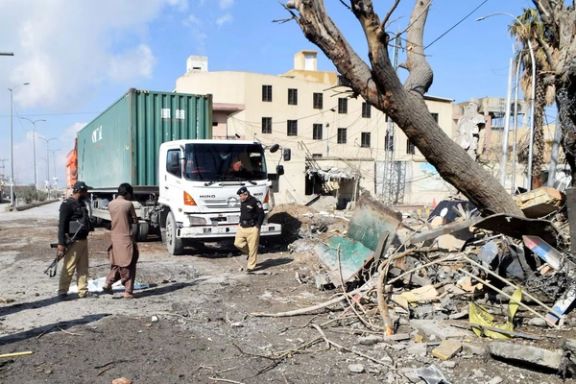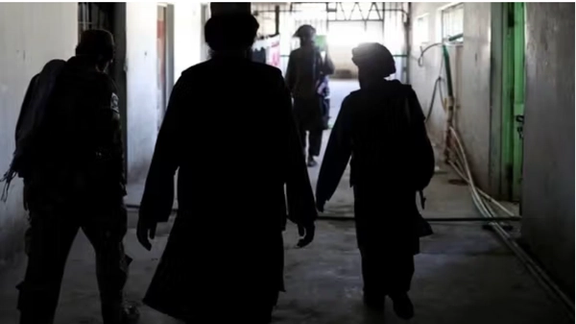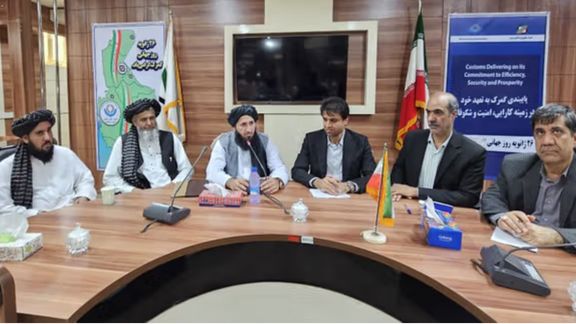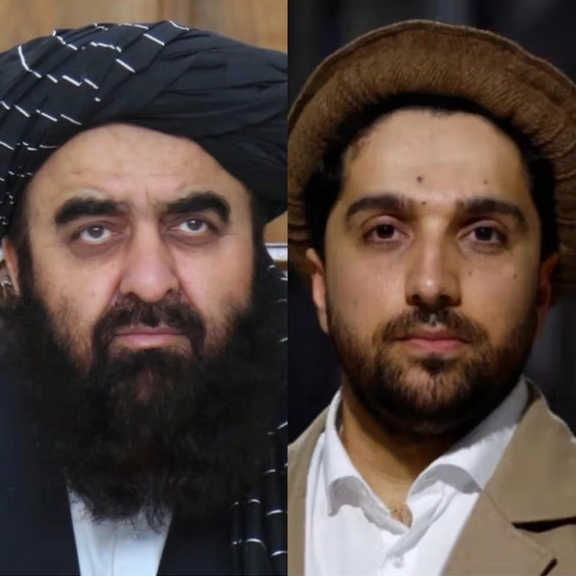A woman and a man who were detained about two years ago in Kabul and Parwan told Afghanistan International they endured severe beatings and other forms of abuse in Taliban intelligence facilities.
Julia Parsi, a women’s and human rights activist, said she was arrested outside her home in Kabul on 27 September 2023 by Taliban members using unmarked vehicles. Speaking during a discussion on the social media platform X, she said she was targeted “for seeking justice for Afghan women.”
Parsi said she was blindfolded and beaten while being pressured to hand over her phone password. At the Taliban intelligence agency's prison, she said, seven female officers insulted and assaulted her before seizing control of her social media accounts. She spent 41 days in solitary confinement and later learned that her teenage son had also been detained solely because of his connection to her.
“The Taliban women were even more cruel than the men,” she said, adding that she was threatened with the arrest of her daughters unless she complied. She described further torture, including being doused with water, hung from the ceiling, suffocated with plastic bags and having her head forced into buckets of water.
Parsi was released after three months and later fled Afghanistan.
Another former prisoner, who gave his name as Sohrab Shomal, said he was jailed for a year after being accused of belonging to the National Resistance Front. He said Taliban interrogators pulled out his toenails and tortured him with electric shocks, beatings, suffocation and sleep deprivation.
“They had no evidence of my membership,” he said. “Anyone who refused to confess was tortured more.”
He said some detainees accused of “sodomy” or of planning to travel to Palestine were spared torture, while political prisoners were systematically abused.
International rights groups have repeatedly raised alarm about conditions in Taliban prisons. The World Organisation Against Torture said in a recent report that torture is systematic, with victims including political opponents, women activists, and ethnic and religious minorities. The group said methods include beatings, electric shocks, burning with hot irons, prolonged solitary confinement and psychological abuse.
An earlier Afghanistan International investigation documented at least 31 types of torture in Taliban-run intelligence prisons, ranging from hanging and confinement in cages to sexual violence and threats against detainees’ families.
Taliban detainees are held for rebellion, links to foreign media, contacts with Islamic State or resistance groups, or ties to the former security forces






